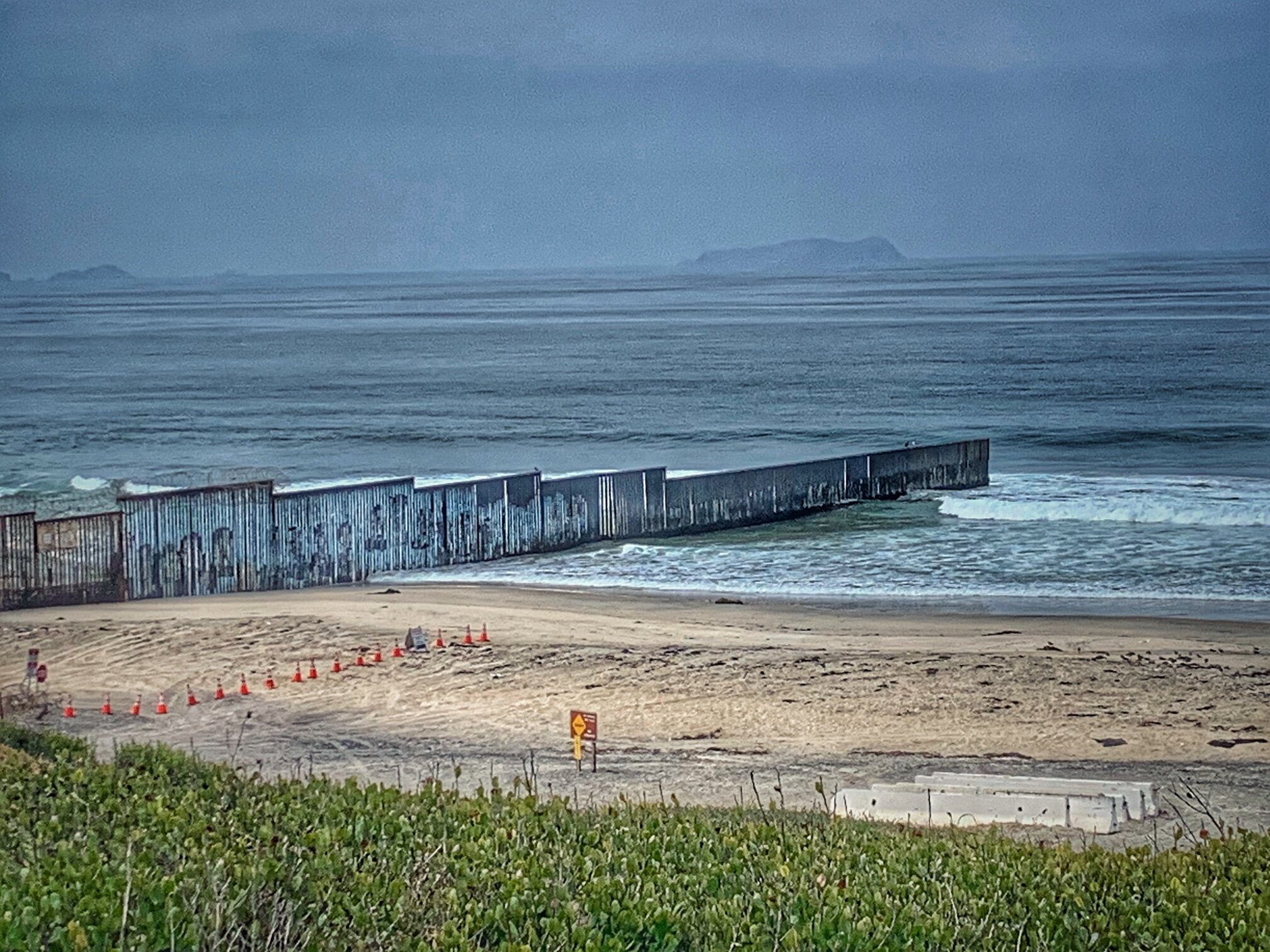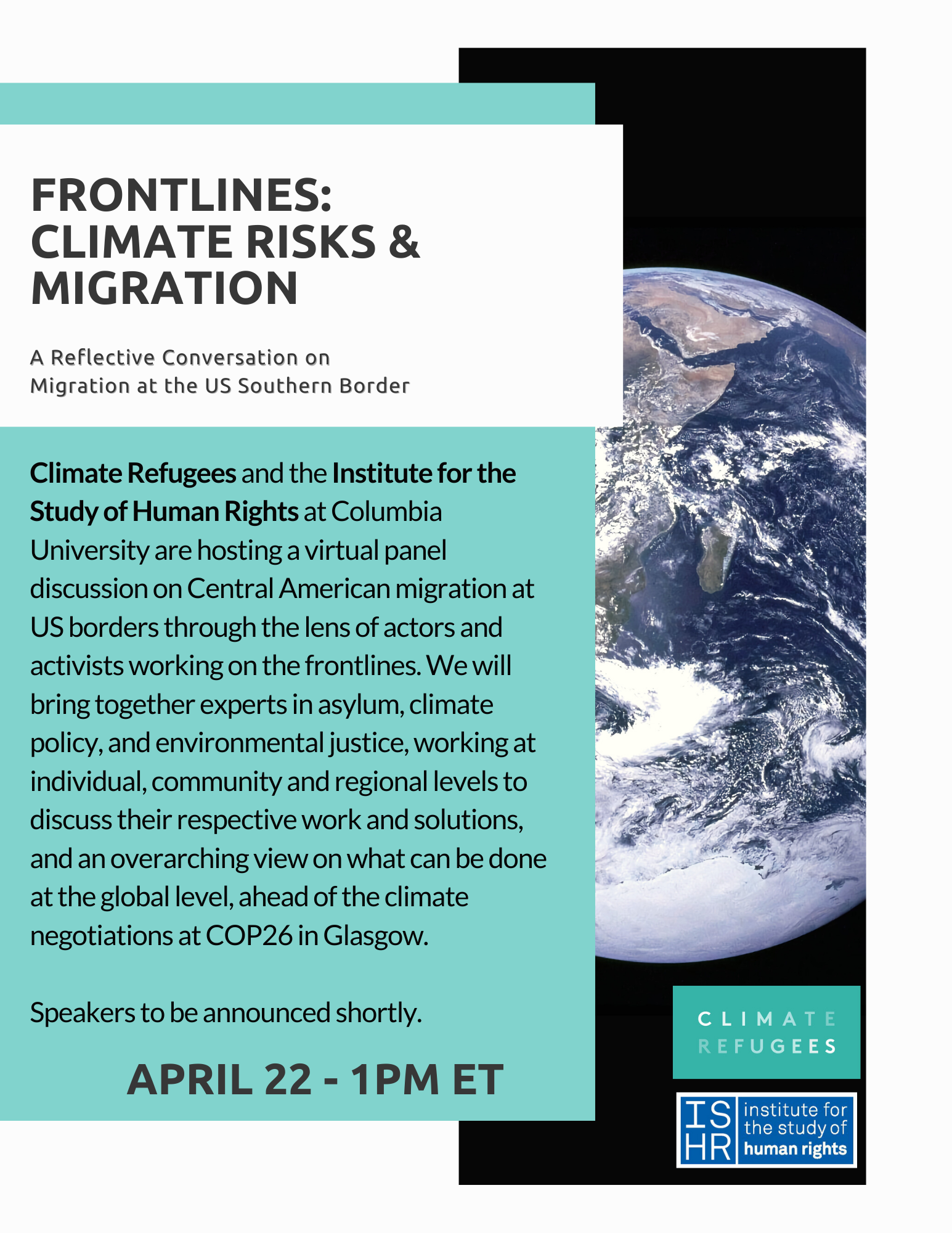Join Us at MozFest 2022 for Climate Migration: How Countries Use Tech for Border Security Over Human Security
HOSTED BY CLIMATE REFUGEES
Climate change is driving migration, but responsible polluting countries are using surveillance technology to not only keep migrants out, but also obfuscate the message and securitize migrants as the threat instead of the real threat of climate change.
We will hold a discussion with technologists, activists, journalists and researchers, where we present how climate change is driving migration and displacement. Such migration across borders is expected to increase, which could present legal gaps for the displaced at a time when countries are already hostile to migrants and refugees. Rich, high-emitting countries, aware of the legal gaps that cross-border climate migration poses, are choosing to finance border walls, tech surveillance and border enforcement rather than finance climate mitigation, adaptation and loss and damage that would actually help migrants-at risk. importantly, polluting countries are using surveillance technologies that violate migrant and refugee rights, environmental, digital and privacy rights.
Register button will take you to our session. Simply login to register, then add our session to your schedule. It’s that simple. Get registering & we’ll see you there!
This will be an interactive session at MozFest 2022 with technologists, migrants, experts, academics, journalists, students, activist and more, where we invite all to engage in a collaborative and transformative discussion focused on the central question:
in the face of rising migrant surveillance to increasing climate-induced migration, how can we ensure the use of technology for social good?
Session Facilitator
Contributor: Climate Refugees, National Immigrant Justice Center; Contributor, Pushing Back Protection
Discussion Panelists
Founder, Executive Director, Climate Refugees
Journalist, The Border Chronicle; Author, Global Climate Wall, Storming the Wall: Climate Change, Migration & Homeland Security
Co-Director, National Network for Immigrant and Refugee Rights


















